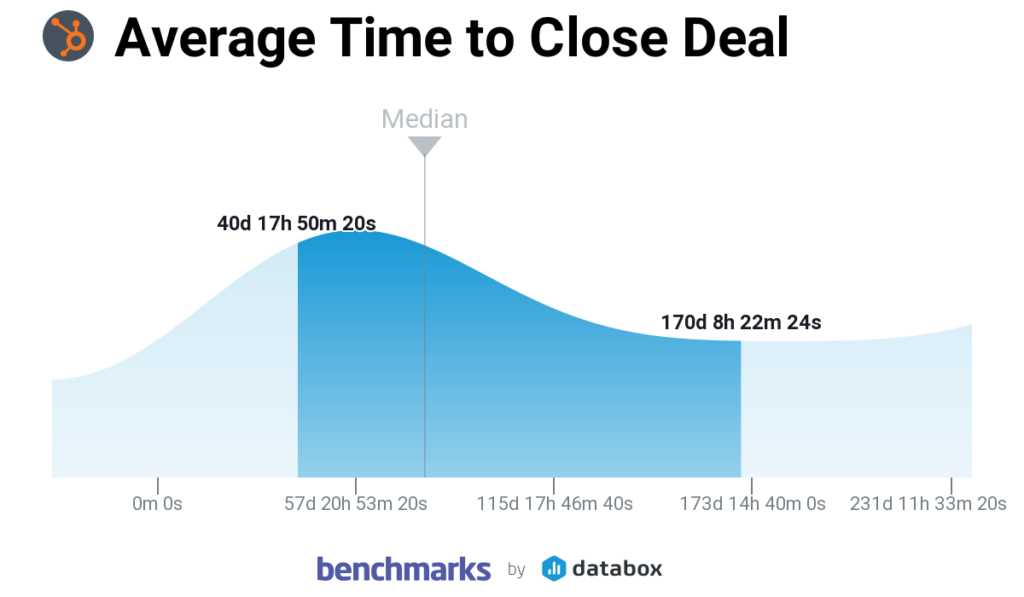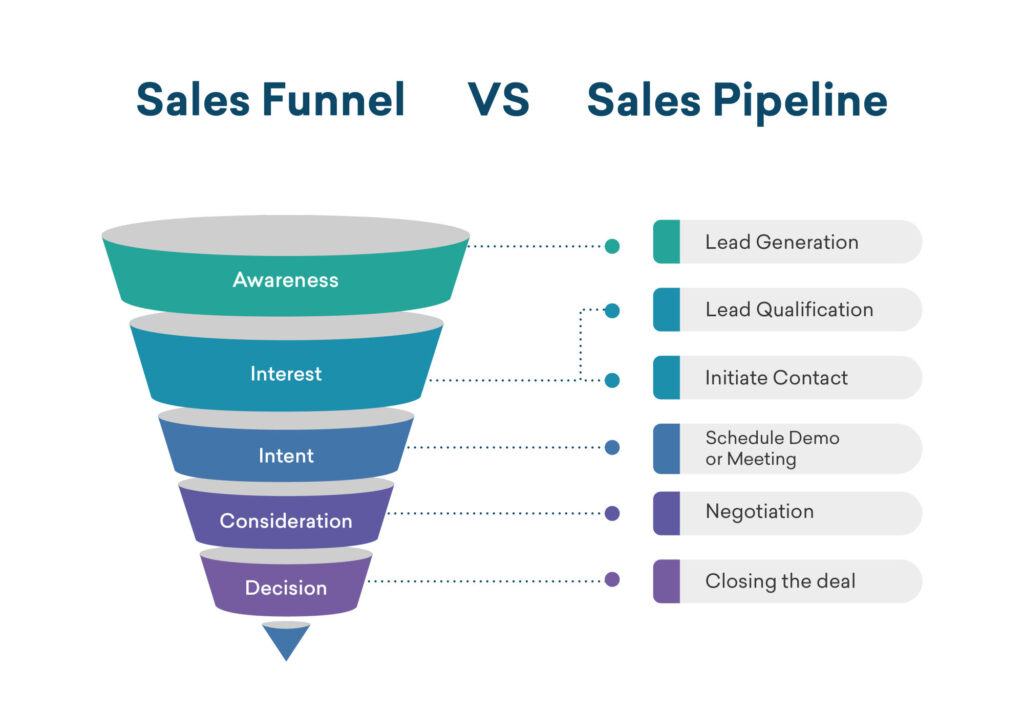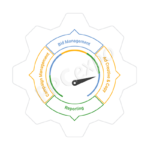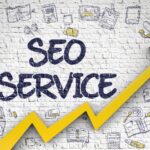The majority of B2B companies invest in marketing.
But plenty of them don’t really know if it’s helping them make more sales.
The essence of B2B marketing is in its ability to simplify and streamline the journey from prospecting to closing deals.
It should be impacting sales directly.
In this post, we’ll look at the six key ways through which effective B2B marketing can streamline your sales process, ensuring a smoother path to revenue growth and customer acquisition.
B2B Marketing and B2B Sales
B2B marketing is essential because it makes selling to other businesses easier and more efficient. It’s not just about advertising; it’s about connecting your products or services to the right business customers.
Good B2B marketing prepares these customers before they even talk to your sales team. It does this by giving them the right information at the right time, bolstering brand identity, and building trust.
Unlike the slightly more straightforward path of B2C, his is what the modern day B2B sales journey looks like:

Marketing should aid and play at role at every step.
This way, when it’s time to sell, the customers already understand what you offer and why it’s useful for them. This makes the whole sales process quicker and more effective because your sales team talks to customers who are already interested and informed. In short, B2B marketing is about making sure your sales team can do their job more easily and successfully.
Here are six ways it does that:
6 Ways B2B Marketing Streamlines Sales
1. Enhanced Success Rates in Sales
The first indicator of successful B2B marketing is an observable increase in sales success rates. This improvement stems from a well-informed and engaged buyer base.
When potential clients enter the purchasing process, they are already equipped with knowledge about your product and a pre-established affinity towards your brand. This pre-sales education, often a result of comprehensive content marketing and thought leadership, ensures that prospects are not just leads but qualified and interested parties.
By addressing their needs and pain points through targeted content, you build trust and credibility, making it easier for your sales team to convert these leads into customers. This informed customer base not only shortens the sales dialogue but also increases the likelihood of a positive outcome.
2. Reduced Time to Closed Deals
A key benefit of effective B2B marketing is the noticeable reduction in the time it takes to close deals. This acceleration is largely due to the empowerment of buyers. Today’s B2B buyers prefer to conduct their research independently, often engaging in what’s known as ‘dark social’ – untraceable, private interactions on social platforms, in messaging apps, email, and forums.

Great marketing pushes the average time to close deal ahead of the median. (Databox)
By the time they engage with sales, they have often already vetted your solution through peer discussions and independent research.
This shift necessitates a marketing strategy that supports and facilitates these independent buying journeys. By providing comprehensive, easily accessible information and resources, you enable buyers to move through the sales funnel more quickly, leading to faster deal closures.
3. Increased Quality in Sales Pipeline
An effective B2B marketing strategy leads to a more robust lead flow and qualified sales pipeline. This is achieved by raising awareness among your target accounts about the specific business problems your solution addresses and the opportunities it creates for growth and efficiency.
This heightened awareness results in a higher volume of qualified inbound leads and better conversion rates for outbound efforts. The key here is relevance and precision in targeting. By focusing your marketing efforts on the specific needs and pain points of your target audience, you attract prospects who are more likely to be interested in your solution.

Effective marketing improves the quality of lead and prospect at every stage of the funnel, and aids in the steps of the pipeline (Lead Fuze)
A targeted approach not only fills your pipeline with more promising leads but also ensures that your sales team is spending their time and resources on prospects with a higher likelihood of conversion.
4. Larger Average Deal Sizes
A strategic B2B marketing approach can significantly impact the average contract value (ACV) of your deals. By concentrating your marketing efforts on high-value accounts and crafting messages that resonate deeply with these prospects, you can attract more lucrative contracts.
This strategy involves understanding the unique needs and challenges of these high-value accounts and tailoring your messaging to address these specific areas. Such targeted marketing ensures that you’re not just casting a wide net with generic messaging but are speaking directly to the needs of potential clients who are willing to invest more in the right solution.
This approach stands in contrast to relying solely on SEO strategies, which, while important, often attract smaller businesses with limited spending capacity. By focusing on high-value accounts, you not only increase your ACV but also build relationships with clients who can offer long-term value and growth potential.
5. Boosted Sales Momentum
The cumulative effect of a well-executed B2B marketing strategy is a significant boost in sales momentum. This acceleration is the result of a combination of factors: a larger pipeline of qualified leads, higher win rates due to better-informed buyers, and shorter sales cycles.
This compounding effect means that not only are you closing deals faster, but you’re also closing more deals, and each deal is potentially more valuable. This increased momentum creates a positive feedback loop; as sales velocity increases, it often leads to more resources being available for marketing, which in turn can generate even more leads and higher-quality opportunities.
The cycle is a powerful driver of business growth and can help companies scale rapidly and efficiently.
6. Reduced Overall Cost of Acquiring Customers
Finally, one of the most significant impacts of effective B2B marketing is the reduction in the overall cost of acquiring customers (CAC). By increasing the efficiency and productivity of the sales process, marketing efforts directly contribute to lowering the company’s CAC.
This efficiency comes from generating higher-quality leads, which require less effort and resources to convert, and from shortening the sales cycle, which reduces the time and resources spent on each prospect.
Effective marketing can also lead to higher customer retention rates, as customers acquired through targeted, relevant marketing efforts are more likely to be satisfied and loyal. This reduction in CAC is crucial for the long-term sustainability and profitability of a business, as it allows for more resources to be allocated to other growth initiatives.
Make Sure Marketing is Actually Impacting Sales
The role of B2B marketing in streamlining the sales process is undeniable. By focusing on these six key areas, businesses can not only enhance their sales efficiency but also drive significant growth and profitability. Effective B2B marketing is not just a promotional tool but a strategic business driver.
Make sure its doing its job.





